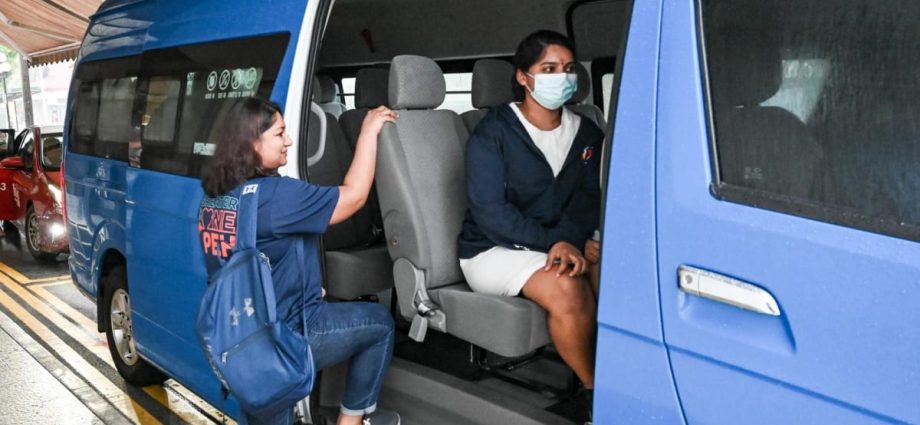
Public hospitals also said they have implemented a more flexible work schedule and other innovations to help nurses cope better.
Ms Sui Huangbo, assistant director of nursing at Tan Tock Seng Hospital (TTSH), said the hospital is engaging nurses on how their workload and job scopes can be adjusted to better meet their needs. It is also working towards giving nurses greater autonomy over their shifts.
“We have also improved the work-shift patterns for nurses to increase rest periods between shifts,” said Ms Sui.
The hospital has also launched trials using digitalisation, robotics and artificial intelligence to streamline the nurses’ work so they will not be burdened by repetitive and labour-intensive tasks, she said. Fourteen initiatives that were tested in TTSH’s SMART facility have already been introduced.
Examples include automated bed turners to help turn bedbound patients, assisted shower devices, meal delivery robots and smart beds that prevent falls.
Yishun Health is also relying on robots to take on routine tasks. Chief nurse Shirley Heng said that since November last year, robots at Yishun Community Hospital wards have been delivering small items to patients and making announcements.
“It has reduced rote work, allowing our nurses to dedicate their time to delivering clinical care and having more direct and meaningful engagement with patients,” said Ms Heng.
The feedback has been positive, so there are plans to explore deploying the autonomous robots at Khoo Teck Puat Hospital.
Ms Heng said healthcare assistants are also being trained and taking on higher-level caregiving support roles. This has freed up time for nurses to concentrate on clinical nursing care, she added.

